When it comes to Human-Robot Interaction Design, Boston Engineering brings unmatched expertise and industry-leading innovation. By partnering with Boston Engineering, companies gain access to:
Tailored Solutions for Specific Industries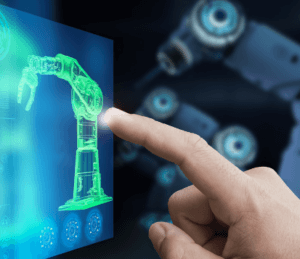
Boston Engineering designs custom HRI systems to meet the unique needs of various industries, whether it’s enhancing productivity on a factory floor or ensuring smooth robot-patient interactions in healthcare settings.
Multidisciplinary Expertise
Combining mechanical, electrical, and software engineering expertise, Boston Engineering delivers robust and seamless HRI solutions that integrate the latest in sensor technologies, control systems, and artificial intelligence.
Safety and Reliability Focus
Safety is paramount in any human-robot environment. Boston Engineering’s HRI designs prioritize safety by incorporating advanced sensors, control algorithms, and feedback mechanisms to ensure robots operate safely alongside humans.
Cutting-Edge Innovation
Boston Engineering stays at the forefront of HRI technology, implementing the latest advancements such as gesture control, voice recognition, and augmented reality interfaces to create intuitive and high-performance interaction systems.
Improved Operational Efficiency
With Boston Engineering’s expertise, companies can streamline robotic operations, reduce human error, and achieve better collaboration between humans and machines, leading to higher productivity and better business outcomes.
Business Impact
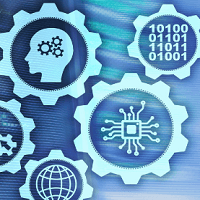
By leveraging Boston Engineering’s HRI design expertise, companies can achieve tangible benefits, including:
- Reduced Training Time: Intuitive interfaces and user-friendly interaction methods make it easier for employees to work with robots, reducing the need for extensive training.
- Enhanced Safety Protocols: Well-designed HRI systems significantly reduce the risk of accidents, ensuring a safer workplace and reducing potential downtime or liabilities.
- Greater Scalability: With robots that are easier to control and adapt to various tasks, businesses can quickly scale their operations to meet changing demands.
- Improved Worker Satisfaction: Robots that complement rather than replace human tasks can lead to higher worker satisfaction, as employees feel more in control and less burdened by repetitive or dangerous tasks.
Conclusion
Human-Robot Interaction Design is key to the future of robotics, ensuring that humans and robots can work together safely, efficiently, and intuitively. By partnering with Boston Engineering, companies can harness cutting-edge HRI design to improve productivity, safety, and collaboration in their operations, unlocking the full potential of robotics for their specific needs.
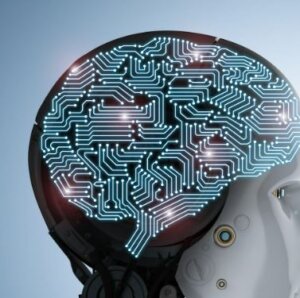 Human-Robot Interaction (HRI) Design is at the forefront of robotics innovation, ensuring seamless communication, collaboration, and coexistence between humans and robots. As robotics becomes more prevalent across various industries, designing systems that foster smooth and intuitive interaction between humans and machines is critical. At Boston Engineering, we specialize in developing advanced HRI systems that enhance user experience, improve efficiency, and ensure safety across diverse applications.
Human-Robot Interaction (HRI) Design is at the forefront of robotics innovation, ensuring seamless communication, collaboration, and coexistence between humans and robots. As robotics becomes more prevalent across various industries, designing systems that foster smooth and intuitive interaction between humans and machines is critical. At Boston Engineering, we specialize in developing advanced HRI systems that enhance user experience, improve efficiency, and ensure safety across diverse applications. 






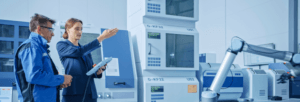



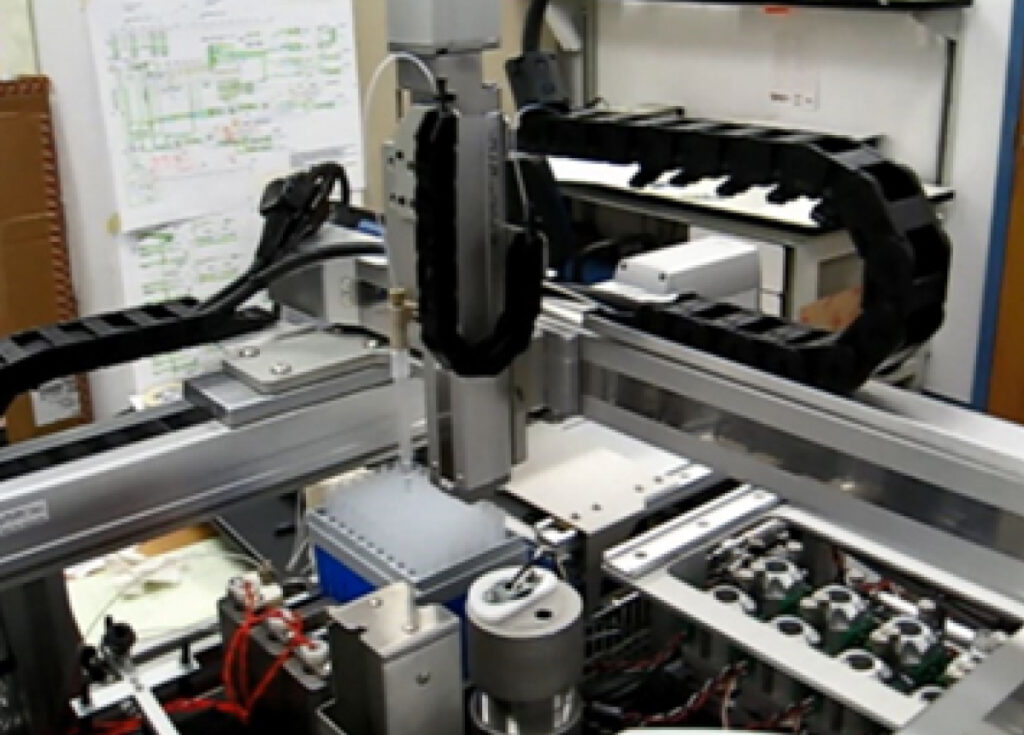
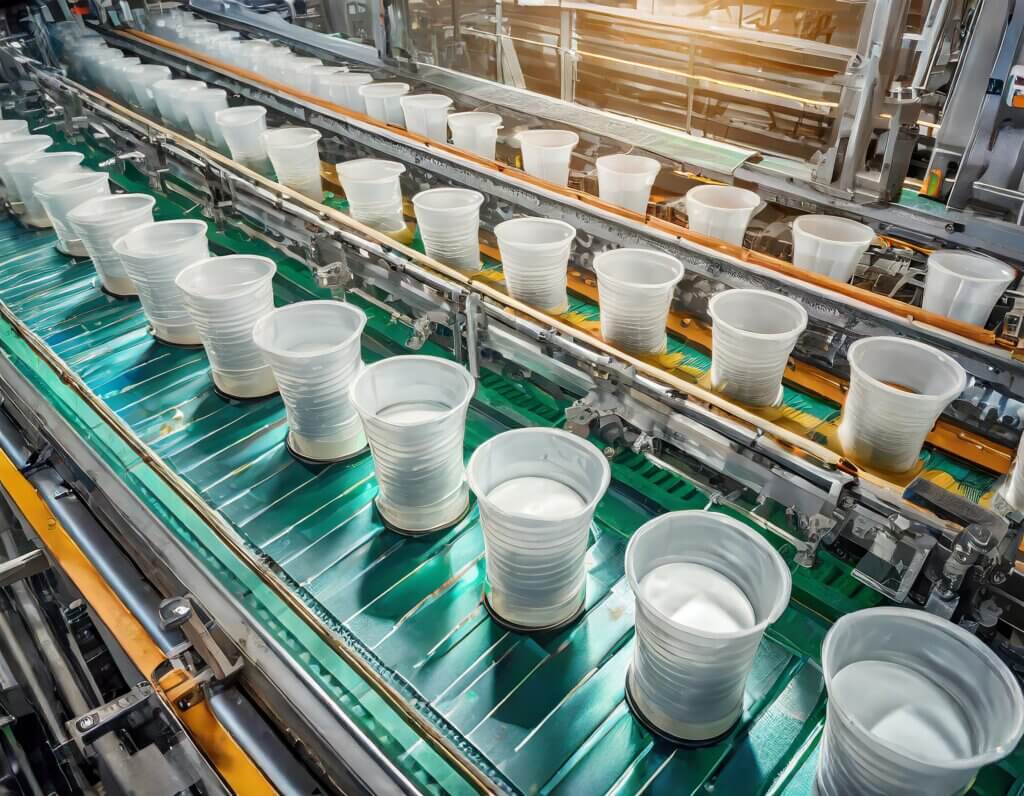

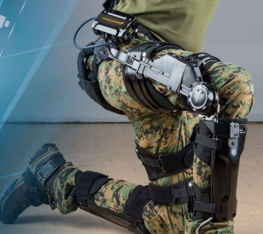
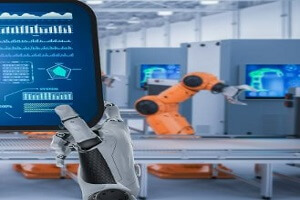 Our Robotics Experts, along with software and hardware subject matter experts will enhance your current team or drive your entire project. Don’t leave complex projects or high visibility product launches to chance. Know you’re going to get the results you want by working with industry leaders in design, development, and deployment of innovative products driven by novel engineering. Simply complete the form below and let’s start the Robotics Development Project Conversation
Our Robotics Experts, along with software and hardware subject matter experts will enhance your current team or drive your entire project. Don’t leave complex projects or high visibility product launches to chance. Know you’re going to get the results you want by working with industry leaders in design, development, and deployment of innovative products driven by novel engineering. Simply complete the form below and let’s start the Robotics Development Project Conversation
